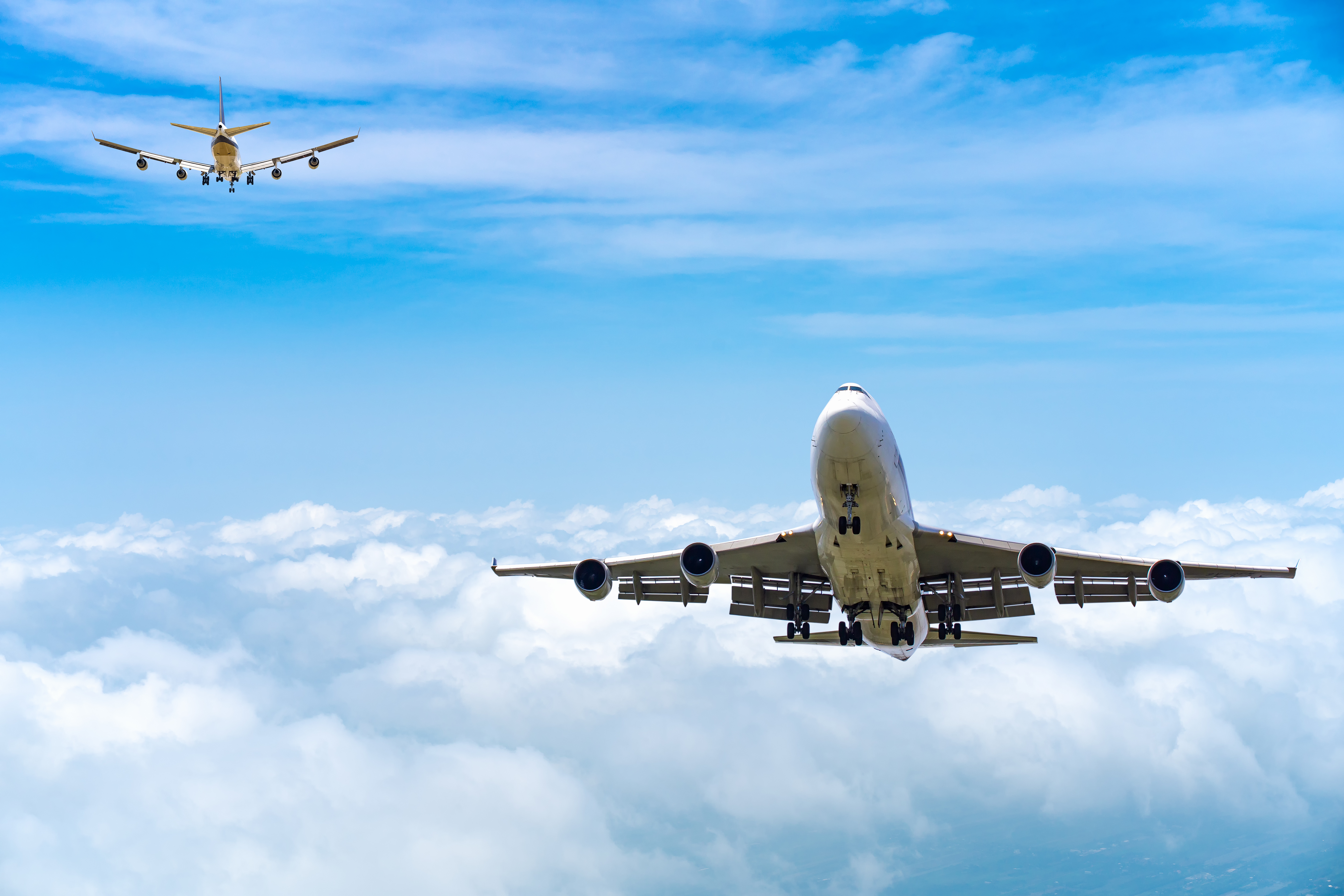The European Union Aviation Safety Agency (EASA) is to partner with the International Air Transport Association (IATA) to combat increased incidences of Global Navigation Satellite System (GNSS) spoofing and jamming.
A workshop jointly hosted at EASA’s headquarters concluded that interference with satellite-based positioning services can pose ‘significant challenges to aviation safety’, with instances of reported incidents rising ‘in very recent years’. Measures to make position, navigation and timing (PNT) services provided by GNSS more resilient have now been agreed.
These include the reporting and sharing of GNSS interference event data, alerting relevant stakeholders about attacks, maintaining a minimum operational network of traditional navigation aids as backup, and providing information on recent spoofing or jamming attacks. “In the medium term, we will need to adapt the certification requirements of the navigation and landing systems,” highlighted EASA acting director Luc Tytgat. “For the longer term, we need to ensure we are involved in the design of future satellite navigation systems. Countering this risk is a priority for the Agency.”
Citing the “significant rise in incidents of GNSS interference,” IATA director general Willie Walsh said that “the support and resources of EASA and other governmental authorities are essential” to mitigate ongoing risks.
Over 120 participants from airlines, manufacturers, system suppliers, aeronautical information service providers (ANSPs) and institutions joined the jointly-hosted in-person event, which was held in Cologne.
